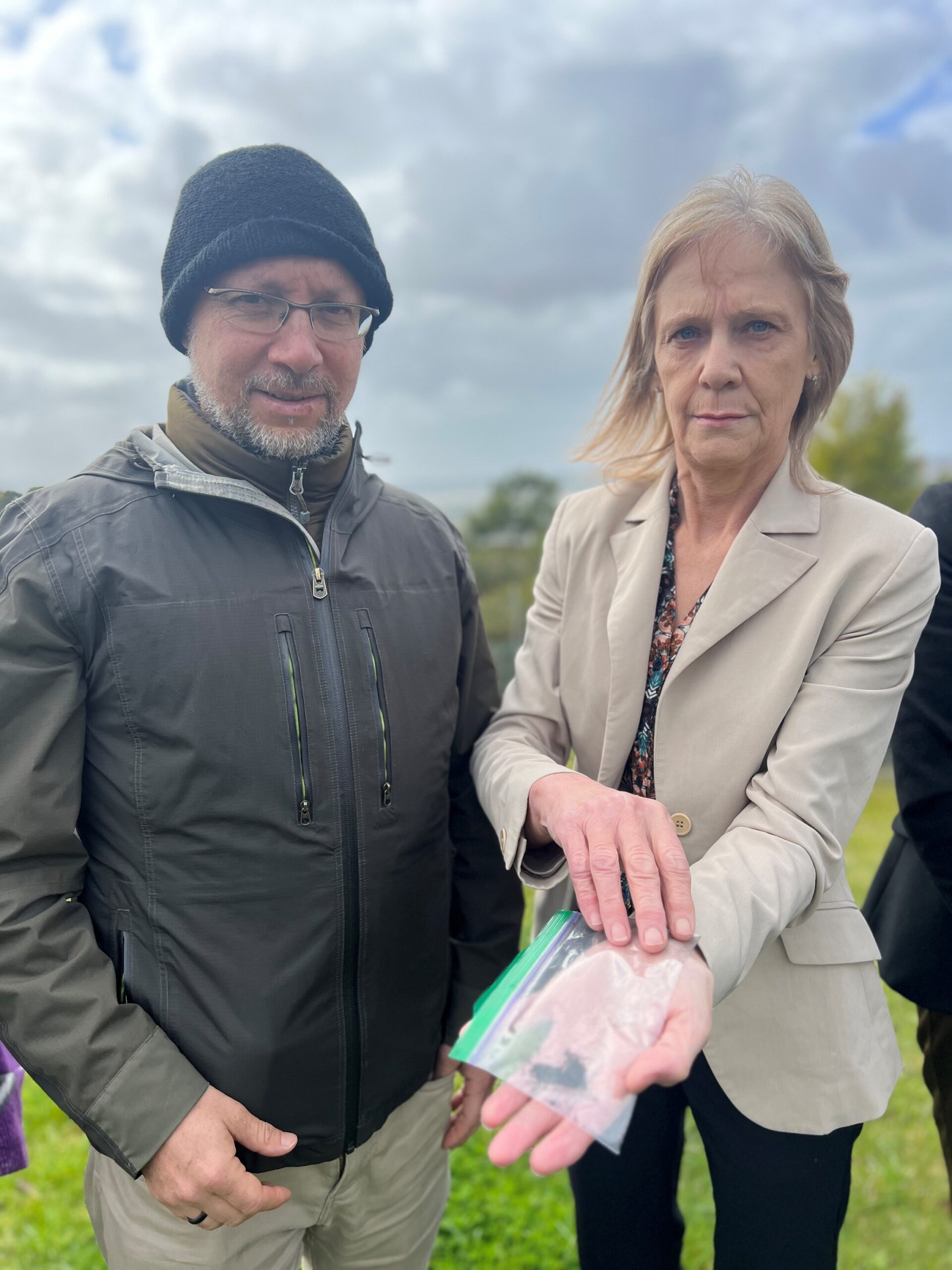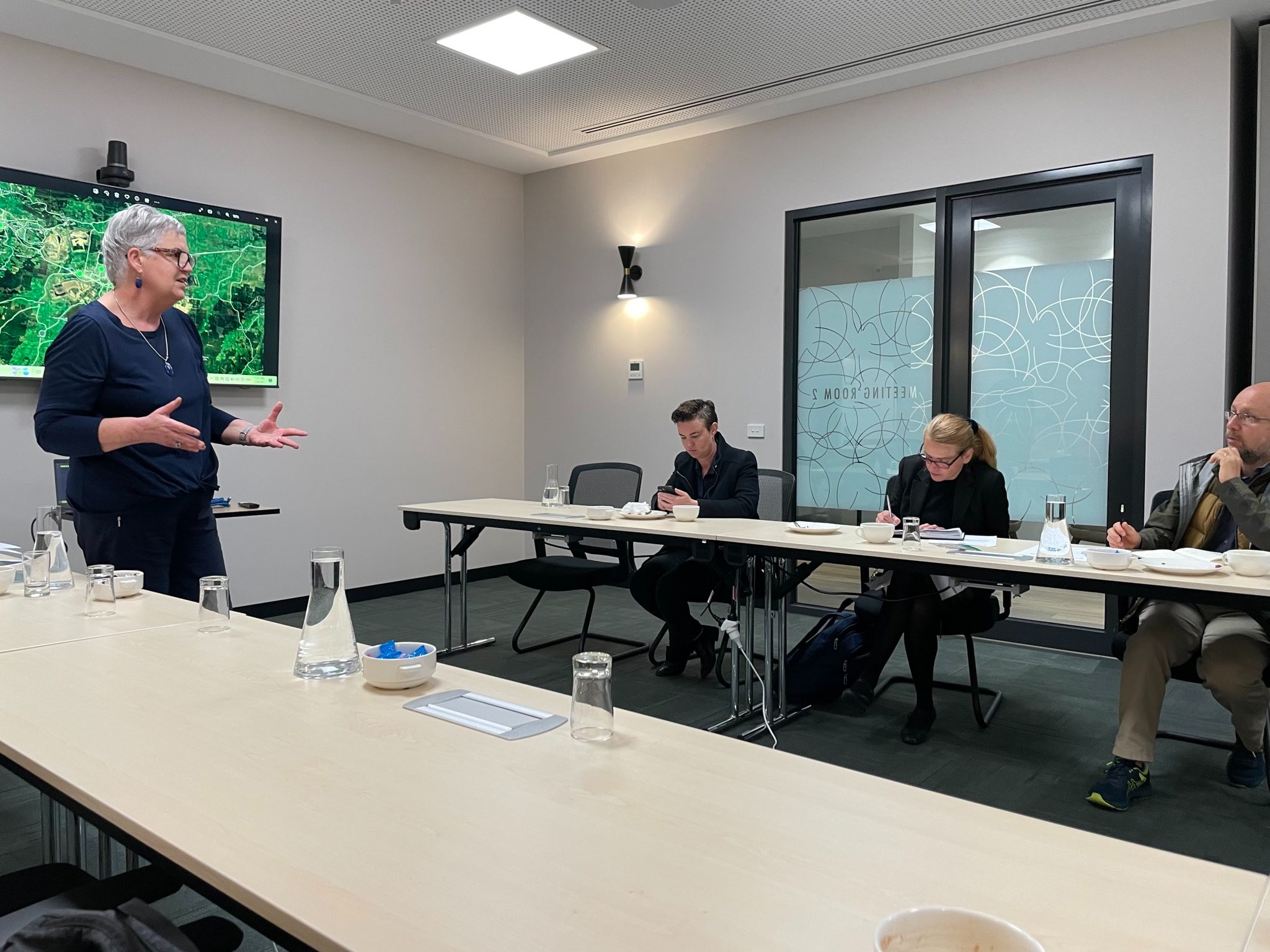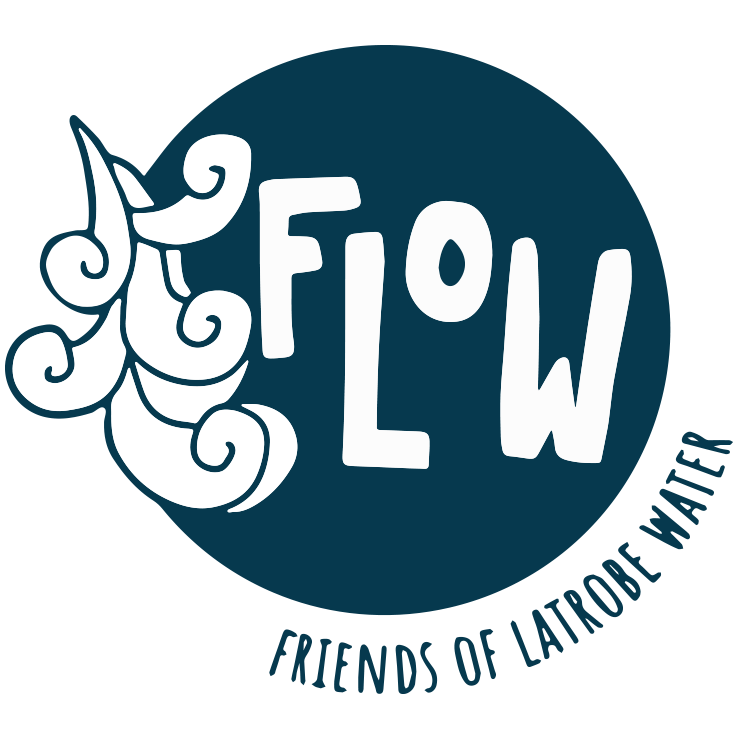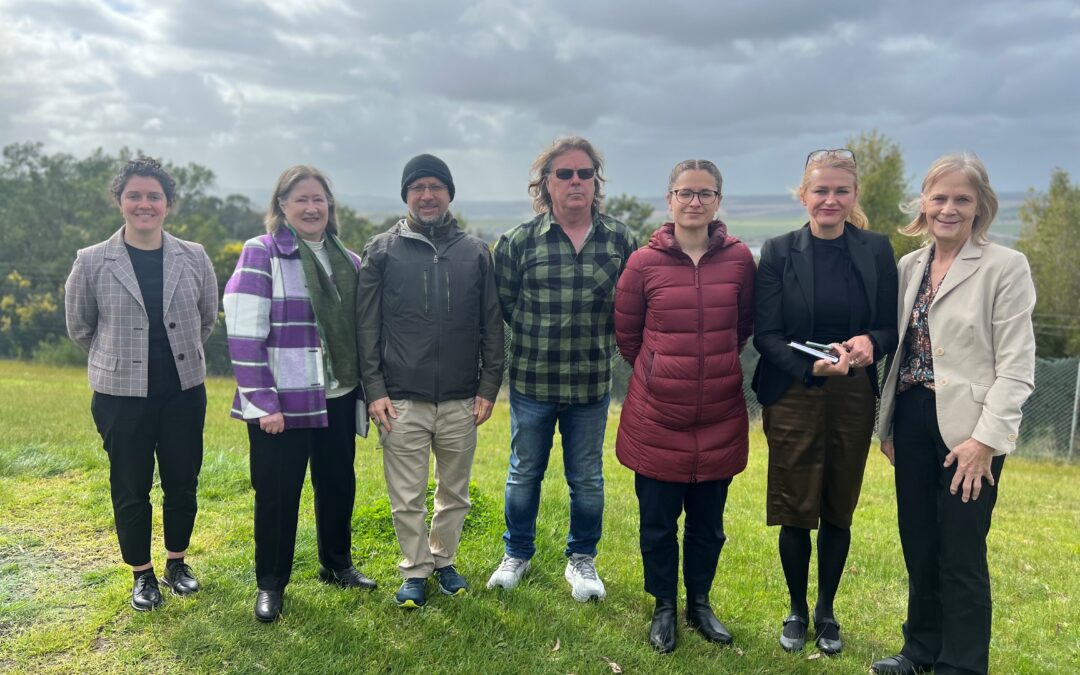The Special Rapporteur on Toxins and Human Rights, Marcos A. Orellana, visited the Latrobe Valley on 1st September. The tour to several prominent sites around Australia will inform a report to the United Nations Human Rights Council in 2024.
Friends of Latrobe Water, along with Voices of the Valley, Latrobe Valley Sustainability Group and Environmental Justice Australia made submissions calling on the visit after being invited to make submissions on select issues, including the impact of hazardous waste issues around mining. You can read our submission here.
In Mr. Orellana’s End of Mission Statement, he offers his preliminary observations;
“There is a deep disconnect or distance between the government and community narratives concerning toxics. Where the government sees efforts towards stronger regulations to address the risks of chemicals and pollution, communities and civil society denounce the capture of the State for the benefit of mining, oil, gas, agrochemical and other corporate interests.
This disconnect appears particularly acute between Indigenous Peoples and the government. For example, where the government perceives instances of the “not-in-my-back-yard” phenomenon in regards to the siting of radioactive wastes, representatives of First Nations have spoken to me about the ongoing colonization of their territories. It is instructive that all siting initiatives by the government for a radioactive waste repository have failed.”
“While Australia is a party to the Minamata Convention on mercury, its controls on mercury emissions from coal-fired power plants have been limited or at times non-existent. While Australia is a party to the Montreal Protocol on substances that deplete the ozone layer, it has sought (and obtained) exemptions for methyl bromide, which is a hazardous pesticide, without having a substitution plan in sight. While Australia is also a party to the Basel Convention on the control of transboundary movements of hazardous wastes and their disposal, it has not yet ratified the Basel Ban Amendment.”

Marcos A. Orellana and Wendy Farmer (Voices of the Valley) holding coal dust collected at Wendy’s house.
Mr. Orellana continues;
“There can be no doubt that access to environmental information is critical to environmental decision-making and public participation. I am troubled to learn about significant delays in the processing of requests for environmental information under freedom of information laws. The issue of costs imposed on public interest organizations also stifles access to information.
Draconian restrictions on the right to protest in several states are also very troubling. Peaceful protests are a legitimate exercise of the right to freedom of assembly, and they enable citizens to mobilize their concerns and make them visible to public authorities.
I have also been informed that judicial review of government decisions is strictly procedural. This can lead to negative environmental outcomes where political decisions do not reflect expert advisory recommendations. This links with the requirements founded on the right to science for alignment between regulatory measures and the best available scientific evidence.
The imposition of low penalties for violations of environmental licenses is another issue of great concern. Where the level of penalties is insufficient in severity to motivate compliance and secure deterrence, they are simply absorbed as a cost of doing business, while the toxic harm is imposed upon neighboring communities.
Substantive environmental standards are key to protecting the right of every person to live in a non-toxic environment. It has come to my attention that ambient air quality standards in Australia are less protective than in other member countries of the Organization for Economic Cooperation and Development (OECD). Moreover, certain industries have received exemptions from compliance with relevant standards. Where environmental standards are not robust, the outcome is legalized contamination. This can infringe on the effective enjoyment of a range of human rights.”

Tracey Anton (Friends of Latrobe Water) makes representations to UN Special Rapporteur.
“Like other industrialized countries, Australia grapples with the challenges of managing contaminated sites, industrial chemicals, closing mines, among other sources of toxic releases. And like other federal countries, the country grapples with varying environmental standards among sub-national states.
The challenges are significant. And so are the opportunities: to learn from the past; to revisit and recalibrate, and to realign with international good practices. Some stakeholders have spoken to me about the need of a national environmental regulator that can enforce harmonized national standards. I understand this would require agreement by all States.
Regardless of whether a federal environmental protection agency is created, the world needs Australia to lead on a range of toxics issues. If Australia is unable to ensure that mining does not pose toxic threats, what can we expect from other jurisdictions lacking the institutional regulatory capacity that Australia has? The expected surge in demand of transition minerals for decarbonization makes of this an existential question for many communities.”
The full report on the visit to Australia will be presented to the UN Human Rights Council in September 2024.

